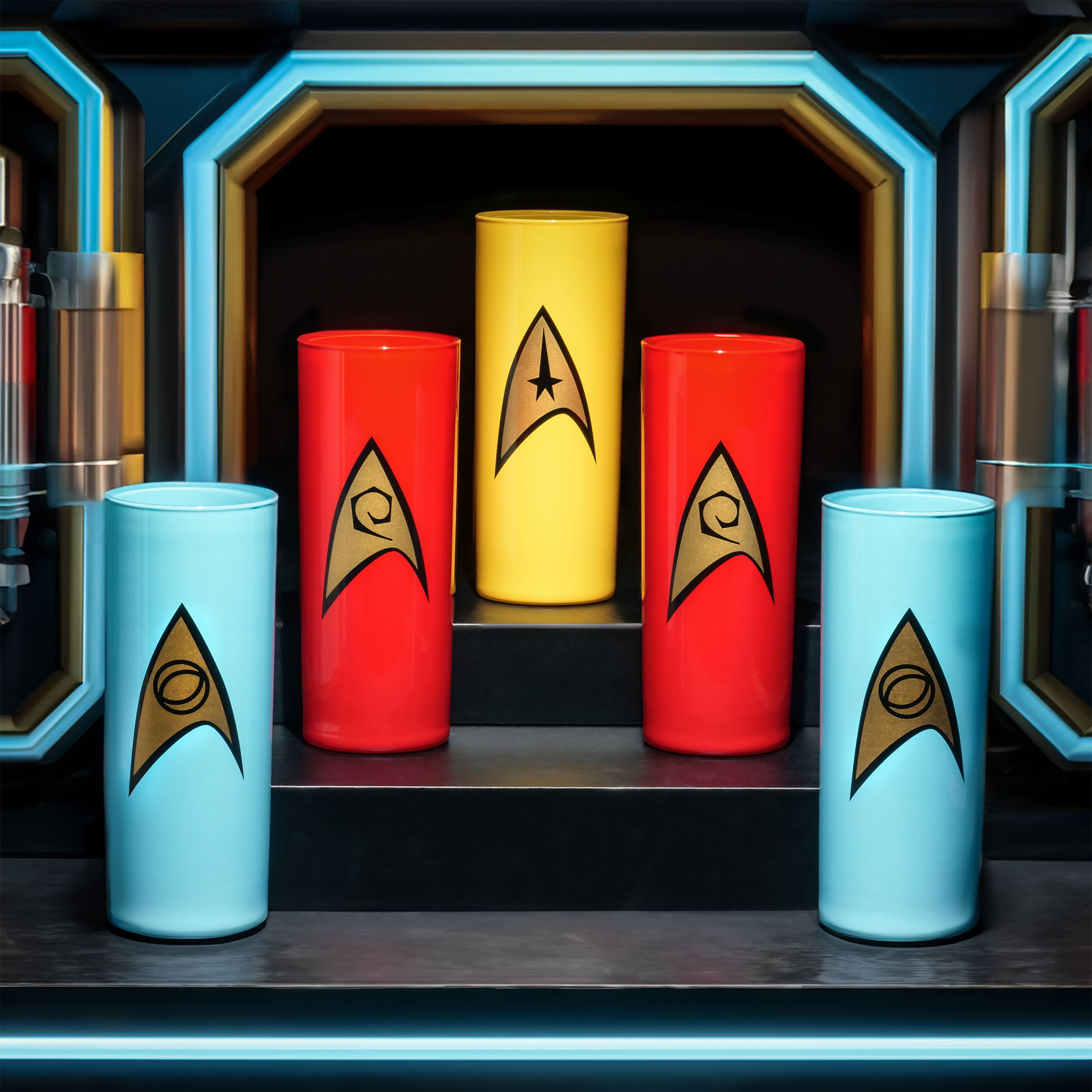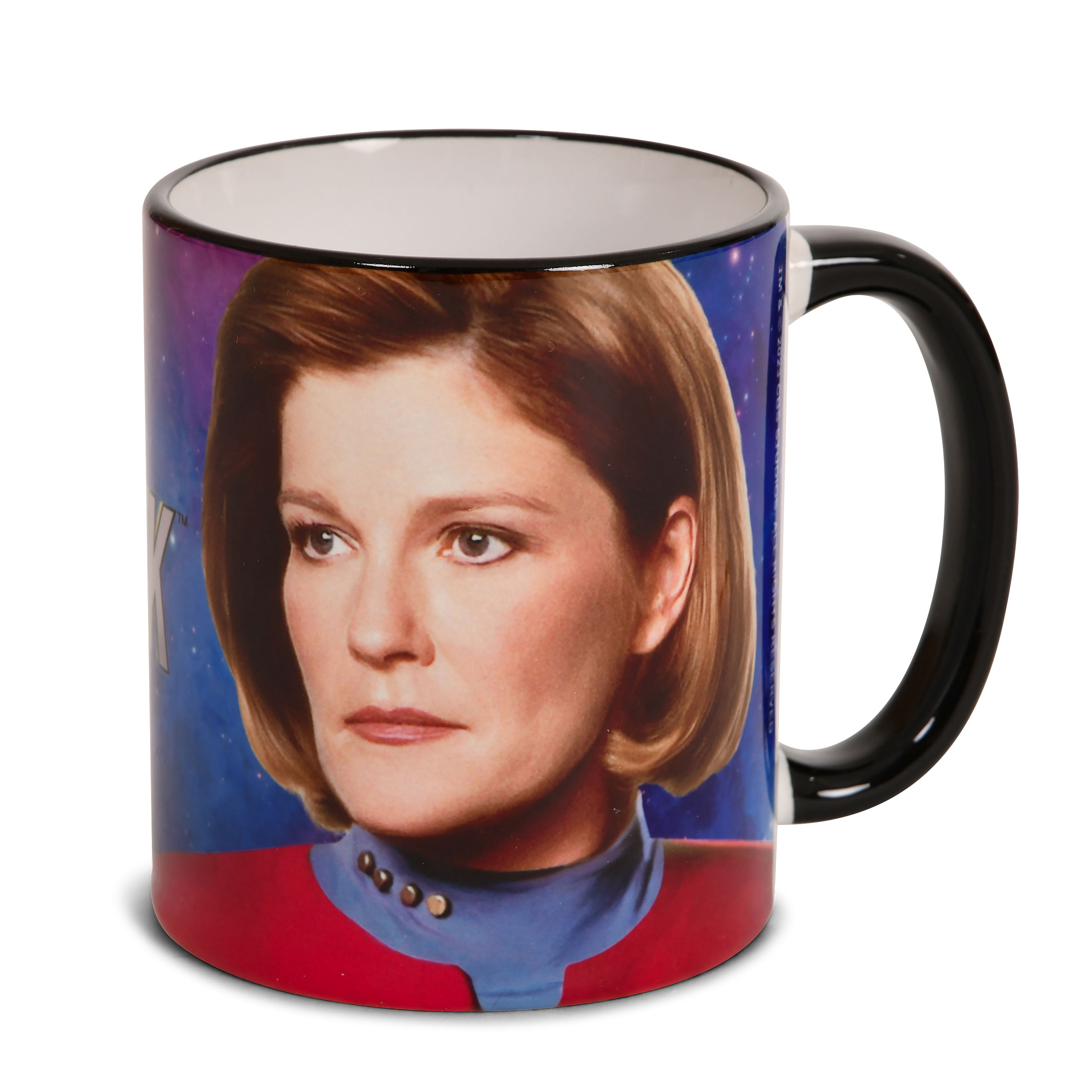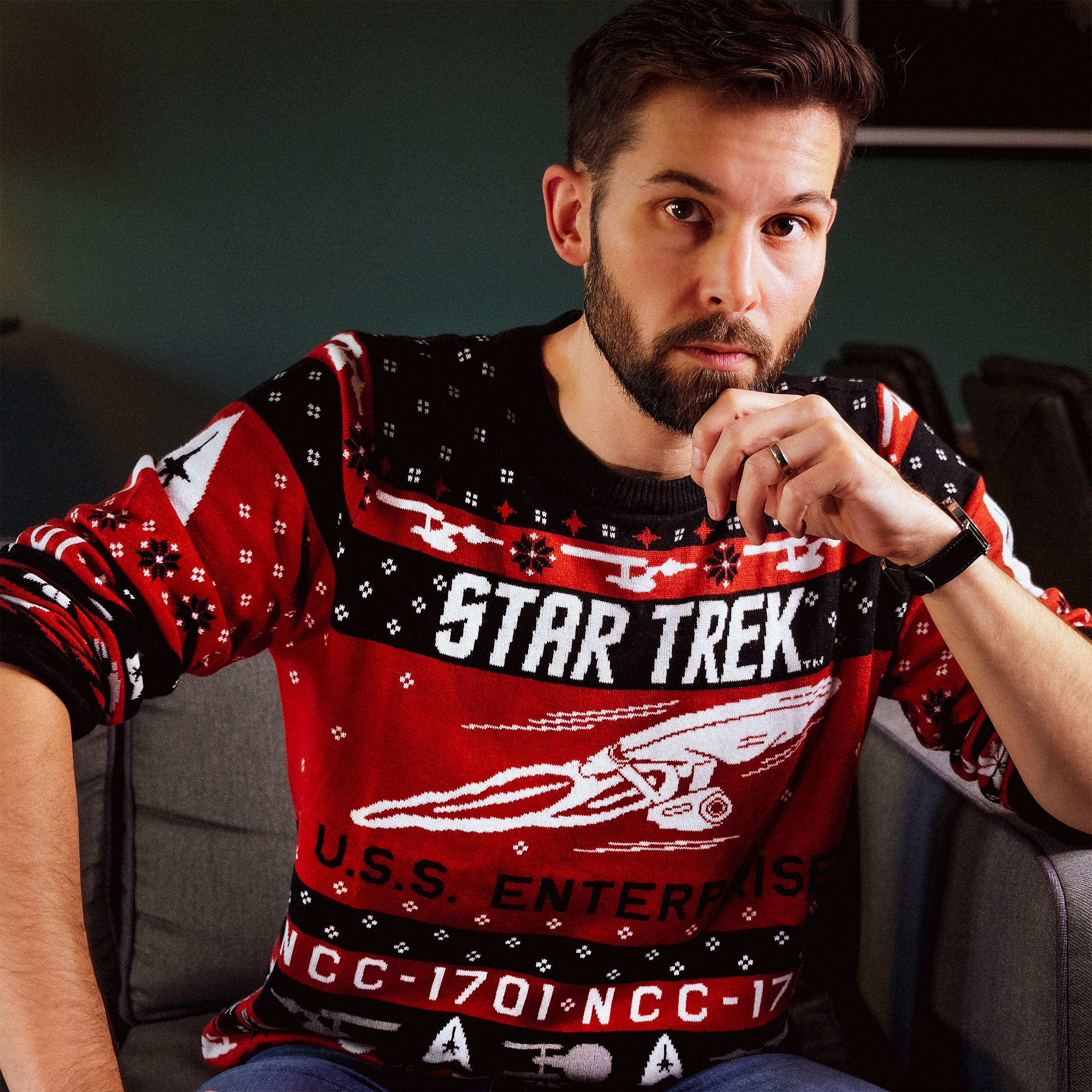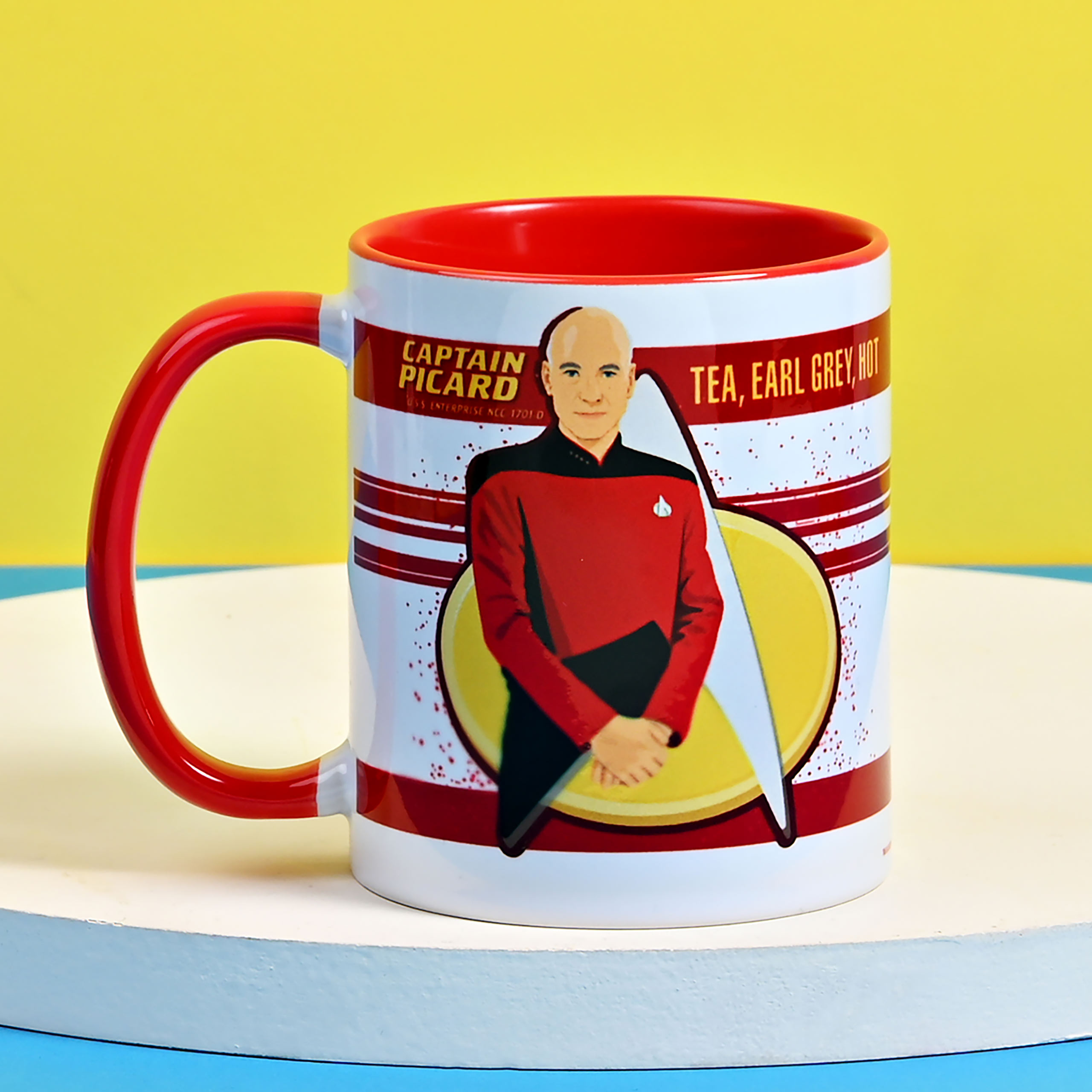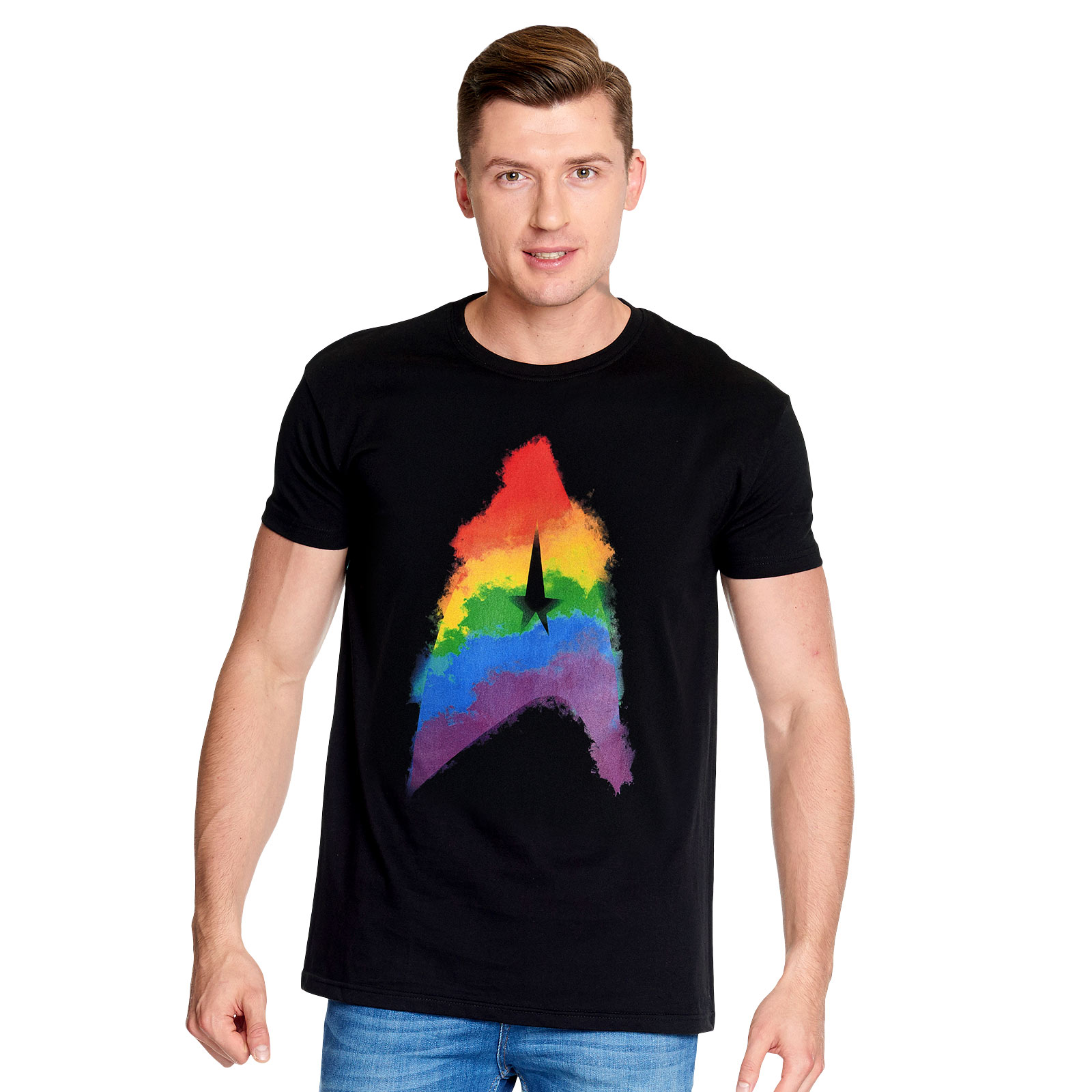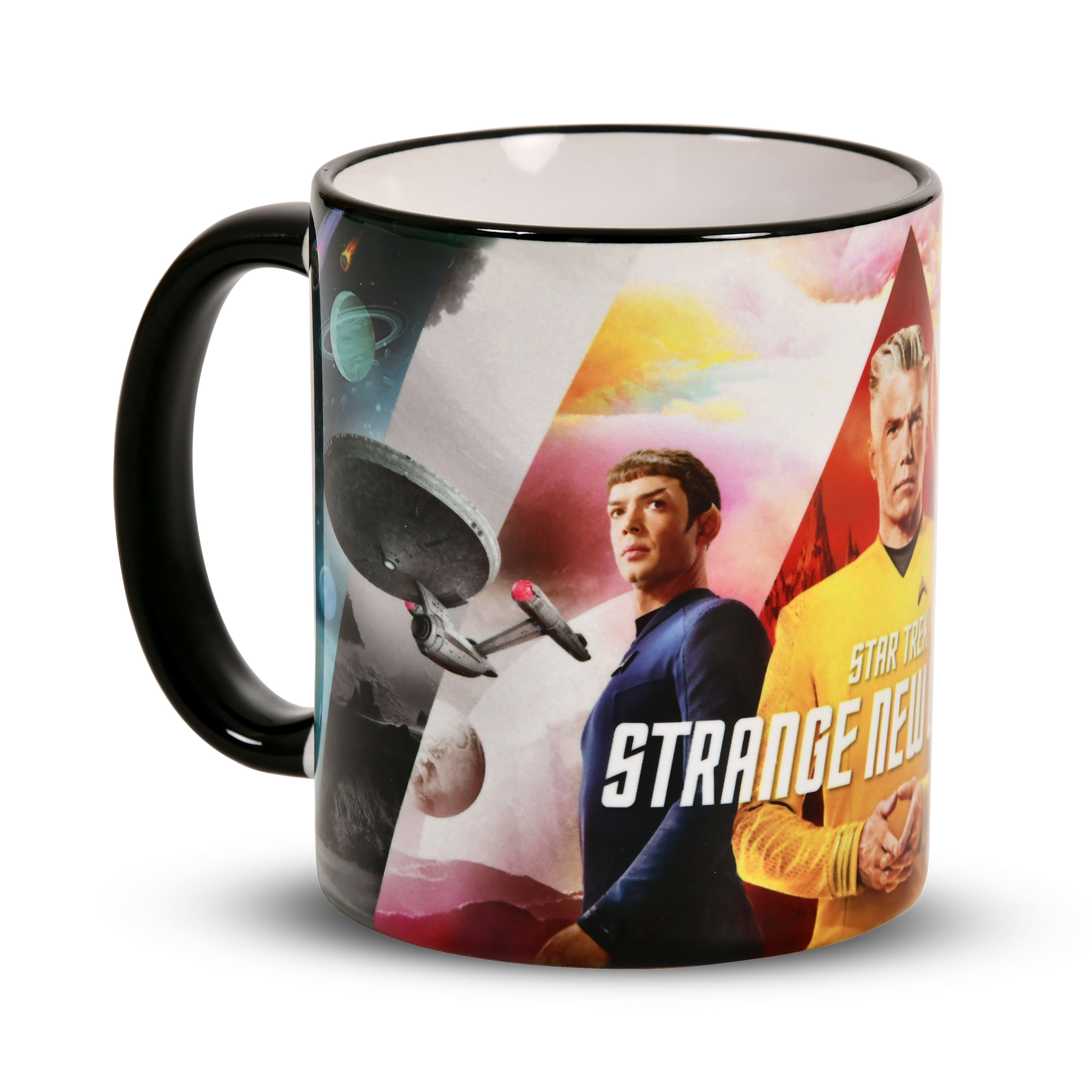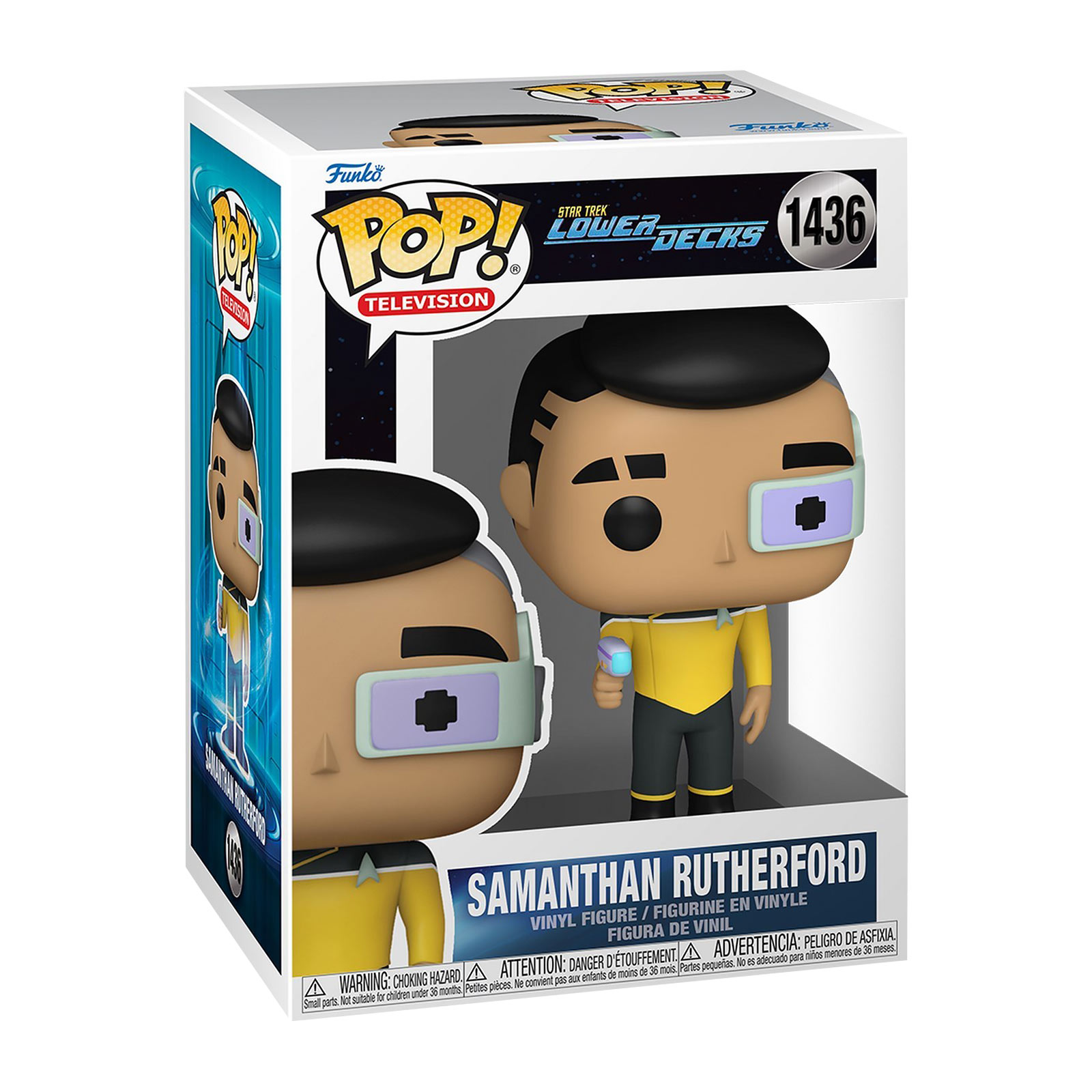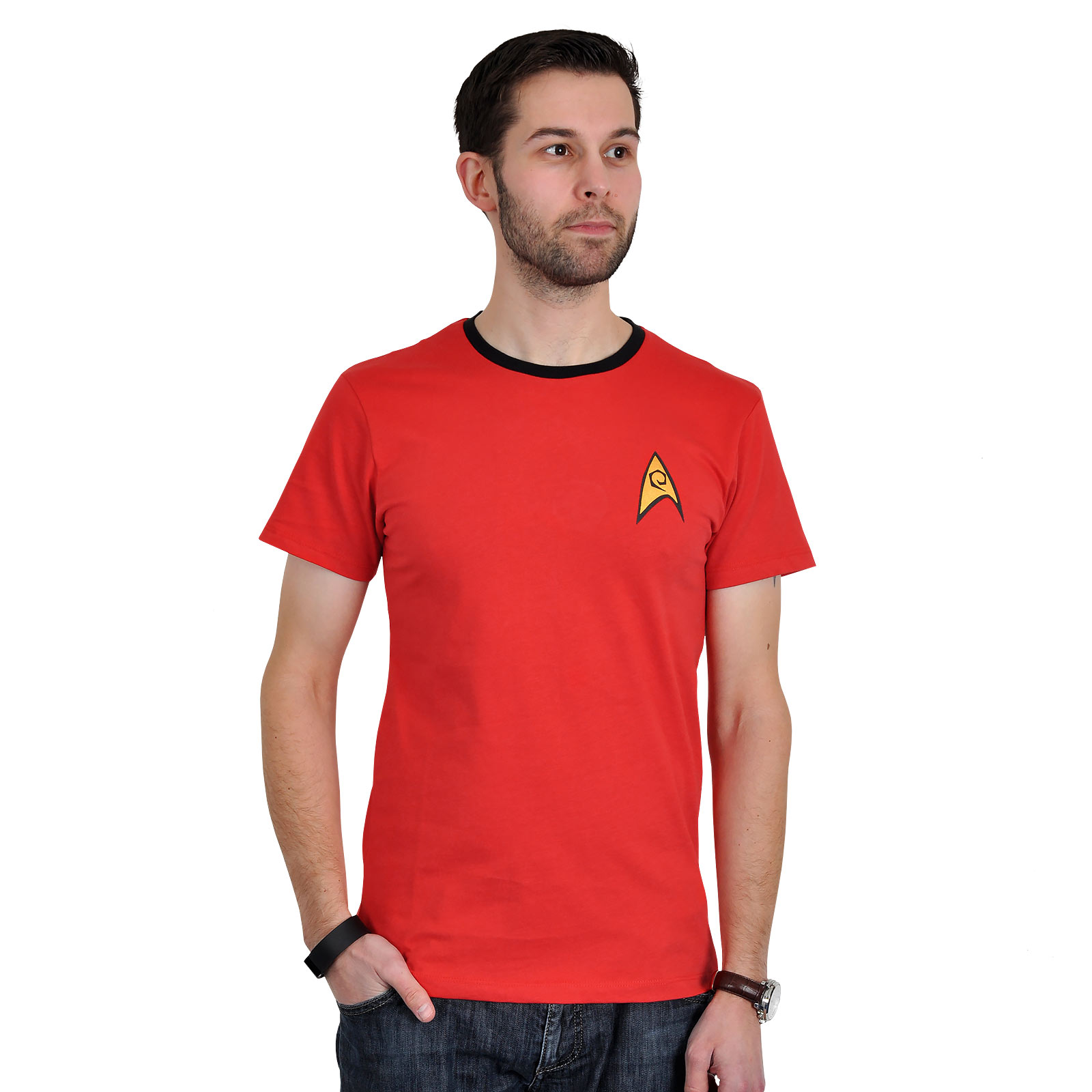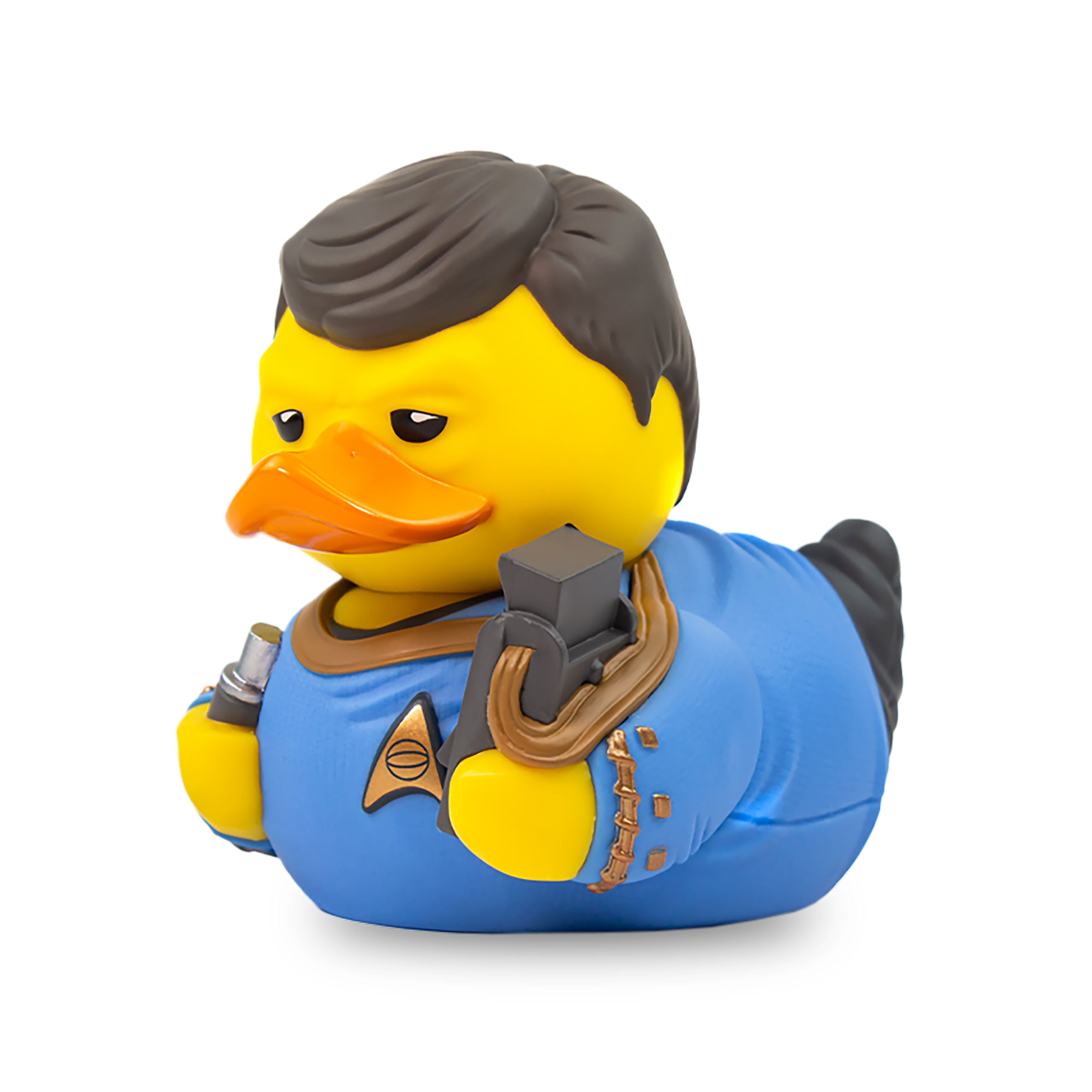Star Trek
"Do not grieve for me, it was a logical decision. The good of the many, it weighs more heavily than the good of the few or of one. It was me and it will always be me, your friend. Live long and prosper."
- Mr. Spock
The Satanic Mr. Spock
When we think of Star Trek, the first thing that comes to mind is Mr. Spock. Of all the characters, the half-Vulcan is quite simply the most memorable, and not just because of his appearance. But this was precisely the reason why Spock was almost excluded from the crew. NBC feared that Spock's distinctive ears and eyebrows would appear satanic to viewers, and in early promotional material they were even removed! So it almost feels like a devilish twist of fate that Leonard Nimoy's Spock in fact became an audience favourite.
Star Trek: the long road to cult status
Star Trek launched in 1966 with the promise of reaching galaxies where no man has gone before. More than half a century later, we nod appreciatively: it was a success! Gene Roddenberry's series, which lasted just three seasons, has become an indispensable part of modern pop culture, leaving a lasting impression on the science fiction genre, and spawning countless other series and films (with two completely different timelines). But before spin-offs such as The Next Generation, Deep Space Nine, Voyager, Enterprise, Discovery, Picard or the films starring Chris Pine and Zachary Quinto saw the light of day, the USS Enterprise (NCC-1701) had a rocky journey, which made the five-year mission seem like a doddle by comparison.
Ahead of his time
When James T. Kirk (William Shatner), Mr Spock (Leonard Nimoy) and co. had their first adventures, they did so with a sober spirit of discovery that still impresses us today. Because the premise of the series can be summed up quite simply: it's about discovering new worlds, infinite possibilities. The essence of science fiction, so to speak. With this approach, The Original Series (TOS) established two of the most important elements of the Star Trek ethos that still prevail today: a utopian future, where things like race, gender or nationality no longer matter, plus a perspective from extraterrestrial cultures, picking up and debating contemporary issues on Earth. And all this at a time when humans had not yet been to the moon, and the Cold War was an omnipresent source of fear.
Star Trek showed us what was possible. A better world. Even today, the series is praised for including characters like Nyota Uhura, played by Black actress Nichelle Nichols, and Lieutenant Hikaru Sulu, played by Japanese-American actor George Takei. And history was made with a short scene that seems almost trivial today: the kiss between Kirk, who is white, and Uhura, who is black! Let's allow a brief digression here: it feels incredibly weird to be writing about something like this today. I (Tim) consider myself to be pretty empathetic, but I cannot understand how this could have caused such a sensation. OK, so apparently some stations in the USA refused to broadcast the episode in question. But wouldn't they then have had to boycott the whole series because it features a Black woman all the way through? And yes, I realise that this problem still persists today. But otherwise, this is not the kind of thing I write about and, like I said, it feels super weird. But it's nice that Star Trek was ahead of its time. End of digression.
Rapid fall, slow ascent
We've now gone on at some length about how progressive and great Star Trek was, but we've ignored one key thing: nobody was interested in all that. OK, that's a slight exaggeration. One thing is clear, however, the Original Series was never a hit. In fact, NBC wanted to mothball the series after only two seasons. But when the first rumours of this plan got out, Star Trek anticipated another trend that is highly relevant today: the fans' right to have their say. Over 100,000 fans, the first Trekkies, wrote letters to the TV network to keep the show alive. A number of students even marched in front of the NBC building in Burbank to protest against the show's cancellation. Whether the campaign was a success, however, is up to each individual to decide. Yes, Star Trek got a third season. The ratings, however, did not improve and, to be completely honest, nor did the quality. So, after just two years, the beautiful utopia was already over.
At least that's how it seemed. But due to constant repeats on television with generally better broadcasting times, and events such as the moon landing in 1969, TOS gradually became a massive success. The rekindled interest even spawned a feature film with the original cast thirteen years after the original series began — Star Trek: The Motion Picture. And this in turn was a real success. Which led to three more films before Gene Roddenberry created the second live-action series in the Star Trek universe with The Next Generation, this time with considerably more success. And right from the start this time. The rest, as they say, is history.
It's true, there was a short period when Star Trek disappeared from our screens. After the end of Star Trek: Enterprise in 2005, there was silence in space for over ten years, but since Star Trek: Discovery, the brand has picked up some pretty decent momentum again. Today, there is more content than ever, with six new series released since 2017 alone, most recently Strange New Worlds, which incidentally is a prequel to TOS that revolves around Captain Christopher Pike. There are also three films in the Kelvin Timeline so far, namely Star Trek, Star Trek Into Darkness and Star Trek Beyond. And since outer space offers infinite potential, the copyright owners CBS and Paramount Pictures have already announced that they are working on further series and films.











